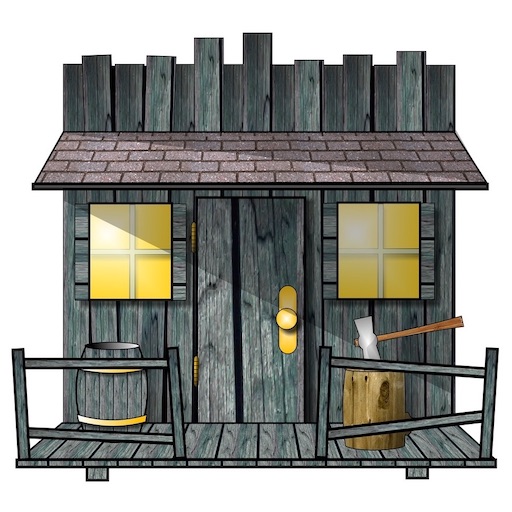General Der Artillerie Walter Hartmann commanded the German 87th Infantry Division from 1 Feb 1943 to 22 Nov 1943 (during World War II). In 1947 he wrote an analysis of German experience in positional warfare and retrograde movement based on his experiences.
Source:
The piece includes two parts:
- description of the principles and experiences about the position warfare of a division
- description of the principles and experiences about of a withdrawal movement of the division, carried out in phases over a depth of 60 km
So far I’ve only written up the second section .. related to the infiltration of Position Four.
Infiltration of Position Four
As part of a 60 km staged withdrawal the German 87th Infantry Division occupied Position Four shown in Sketch 3. Sector West was open terrain whereas Sector East was on high, open ground that was particularly suitable for defence. Three to four kilometres of dense swampy forest divided the two sectors. The only road was an improved highway through Sector East; the entire supply of 87th division and of the division on the right depended on that road.

On day two the Russians attacked Sector East supported by about twenty tanks. German artillery fire disabled most of the Russian tanks and the Russians attack stalled. On day three the Russians launch other unsuccessful attacks against the 87th Division, mostly against Sector East. The 87th division’s reserve (one battalion and the tank battalion) were stationed behind the most threatened sector, namely Sector East.
From day one the company assigned to the forest sector reported the swamps impassable and failed to establish an unbroken defensive line. That left the Division with no contact between Sector West and Sector East. On day two the Division sent engineers to reinforce this company and in addition the battalion commander conducted a personal reconnaissance. Neither action helped close the gap.
The Russians happily exploited the opportunity presented. Two Russian rifle regiments, with integral heavy weapons and light anti-tank guns, infiltrated the forest between Sectors East and West. They remained in hiding in the forest until the evening of the day three then, after dark, occupied the positions behind the German lines shown in Sketch 3. The bulk of the Russian troops formed on line N-M to attack Sector East from the rear. Other troops deployed near village P and in the woods to the west to protect the operation against German interference from the south.
Russian plans were interrupted when the 87th division’s assistant adjutant, whilst on his way to the command post of Sector East, encountered the Russian blocking force near village P. His reconnaissance found the road blocked, and the Russian infantry near village P and in the woods to the west.
The German Divisional command realised the threat to Sector East and to the division as a whole given the supply road was blocked. They decided to ignore any threat from a renewed enemy attack against the front of Position Four until the threat to the rear was eliminated. H-hour for the counter-attack was set for dusk (1700 hours). A scratch force of two companies and three assault guns attacked from the south of village P while the division reserve (one battalion plus tanks) attacked along the road from the north. A real battle developed when the tanks and infantry of the Divisional reserve hit the strong Russians forces on line M-N. The southern force quickly drove the Russians from village P and the forest to the west then advance north to join the battle at line M-N. With the advantage of tanks the Germans managed to clear the road and destroy the enemy formations.
The annihilation of the two Russian regiments meant there was no attack on the German positions on day four.
Gaming the Infiltration of Position Four
See my Crossfire Scenario and Megablitz Scenario based on this summary.
Order of Battle
From Axis History: 87 Infanterie-Division. I assume the Infantry Regiments will have only two battalions each in 1943.
87th Infantry Division Orbat
- 173. Infantry Regiment
- 185. Infantry Regiment
- 187. Infantry Regiment
- 187. Artillery Regiment
- 1. Battalion
- 2. Battalion
- 3. Battalion
- 187. Panzerabwehr Battalion
- 187. Reconnaissance Battalion
- 187. Signals Battalion
- 187. Pioneer Battalion
- Supply Troops
References
Axis History: 87 Infanterie-Division
This gives the dates which Hartmann commanded the division and on which sector. It is also where I got the order of battle from.

